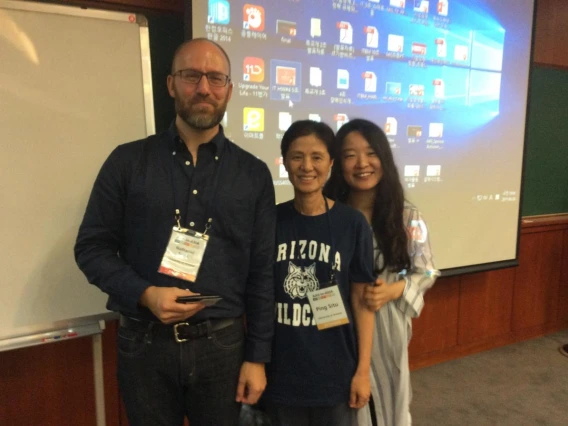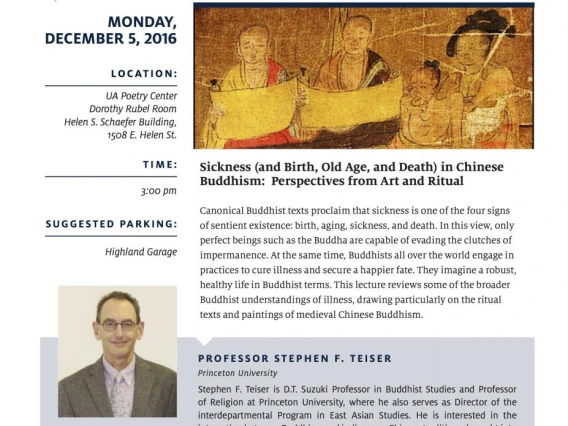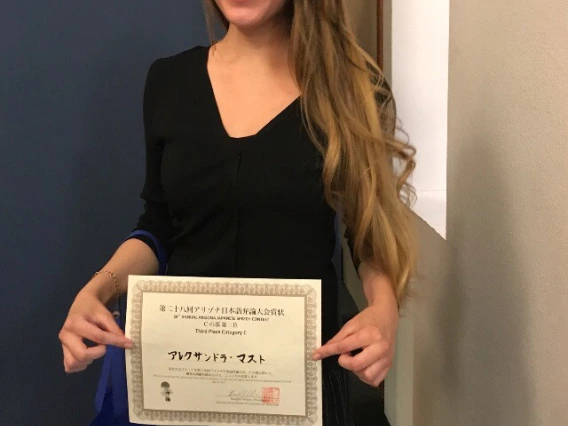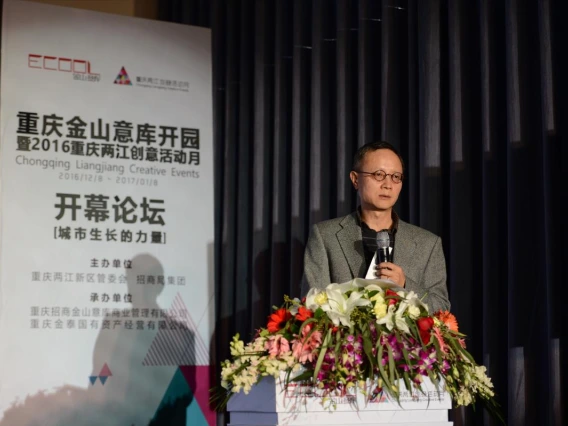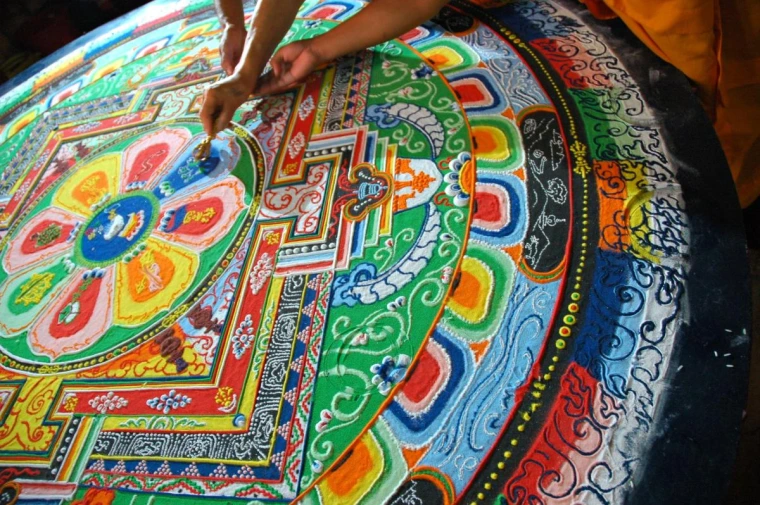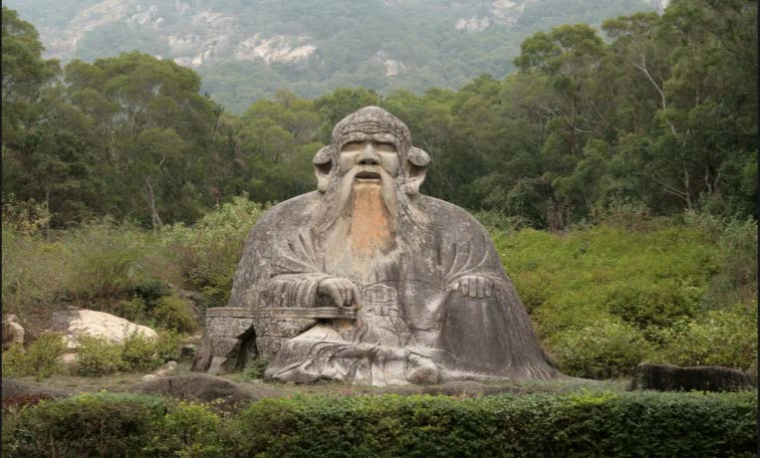In December 2016, Professor Hai Ren was invited by Redtown, an organization based in Shanghai, to give a public speech on the topic "socially engaged art and urban renewal” at a creative city festival in the City of Chongqing, China. Aiming at urban planners, architects, designers, and the general public, Professor Ren discussed practices of socially engaged art in four cities (New York, London, Detroit, and Chengdu). His speech has been widely circulated on Chinese social media like WetChat. If you read Chinese, you can read his speech here. Here is an English summary of the talk:
When we speak of the relationship between socially engaged art and urban renewal, we look at the issue in the post-industrial urban context: culture as a major productive force in the creative economy. During the industrial period, art related to a public culture in the city through art exhibits and representations in art museums. In the post-industrial period, when manufacturing no longer occupies an important place in society, art engages a city more directly. Conventional art museums are a necessary part of a creative city, but only as one type of creative space. Meanwhile, artists are no longer confined to their studios. Many choose to participate in the development, renewal, and reproduction of an urban community, and to contribute to improving the quality of life for urban residents. In the global context of the creative city, the close relationship between art and everyday life is often expressed through various kinds of creative spaces.
Professor Ren discusses how artists in four major cities in three continents (New York, Detroit, London, and Chengdu) engage urban spaces and everyday lives through their arts. Drawing on his research, Professor Ren examines the "maintenance art" practices by the New York-based feminist artist Mierle Laderman Ukeles; urban renewal arts by Detroit-based artists and groups such as Power House Productions (established by Mich Cope and Gina Reichert) and Olayami Dabls; and community arts by Chengdu-based artists such as Cao Minghao and Chen Jianjun.
After discussing art practices in these cities, Professor Ren argues that although these cities have different cultural and historical backgrounds, they all address emerging issues and future uncertainties. As art is increasingly tasked to play an important role in planning and developing a creative city, it does not follow one globe model of engaging with a city. Not only do art institutions (art museums and galleries) become important creative spaces, but they also constitute an infrastructure through which a city engages with the rest of the world. For artists, their artistic identity is two-fold. An artist is both a resident of a community or in an urban space and a specialist who is capable of shaping the production of a meaningful urban space. In the former situation, an artist identity is rooted in everyday life, the source of artistic singularity. In the latter situation, the identity of the artist comes from art's potentiality in social transformation. Compared with urban planning and market-driven strategies in addressing emerging problems and future uncertainties, art is a distinctive means of production, one that is capable of going beyond itself, opening up possibilities, and broadening our perspectives.
